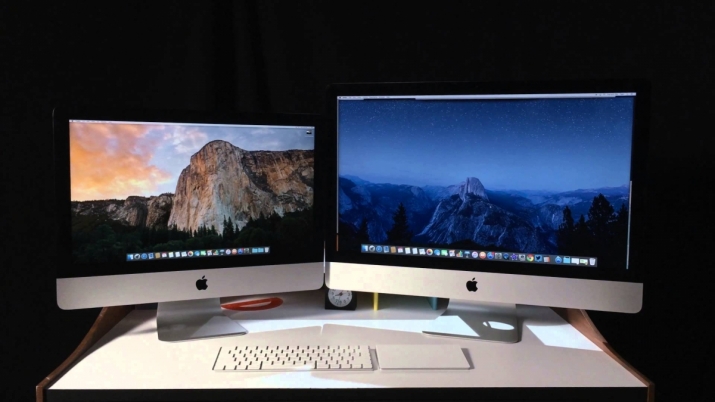FEATURES|THEMES|Science and Technology
The Cult of the Mac: How Buddhist Spirituality must bring Rationality and Reason to Religion
Buddhistdoor Global | 2010-09-01 |
 From youtube.com
From youtube.comRecent research has shown that zealous Apple fanatics have brain experiences that mirror those of religious people. In other words, Steve Jobs hosting a new convention or the release of a new IPod is enough to activate the parts of their brain that hold feelings of oneness, transcendence, and holiness. I was once brought this up to our new editor as a point of conversation. I am of the opinion that as a result of such ridiculous, over-the-top shenanigans, few will really take Mac users seriously anymore, aside from the businessmen who, perhaps justifiably, see fit to capitalize on Macintosh users’ almost disconcerting loyalty. I can say this because I myself use a Mac computer, although when I had to replace my stolen phone with a new one I made a point to refrain from purchasing an IPhone and chose a Blackberry instead. I remember this little event clearly because it happened well after I learned about the sad news that a minority of Apple fans had turned a software and hardware company’s products into a literal idol, an object of near-worship that one could direct spiritual feelings towards. The sheer silliness almost matches that of Manchester United fans (or the Aussies who treat Friday night rugby like Sunday morning church)!
We need a Middle Way in spirituality, like in all things. We also need a Middle Way in deciding who to throw our religious lot in with. It concerns our afterlife, after all, which would seem to me to be a rather big deal. I would consider very carefully if Mormons approached me, for example. I ultimately chose to follow the Buddha because He loves all beings without exception, and his bodhisattva congregations tirelessly work throughout to liberate us the universe (which is really simply the unenlightened vision of the dharmakaya itself, or Vairocana). Perhaps I could have chosen to follow the “cult” of the Mac, but while I do not make a big deal out of idolatry because I am not a monotheist, I wonder if I can ever force myself to cultivate such intense loyalty towards my IBook – or any other Apple product, for that matter. It is true that a Mac is much more reliable than a computer that runs on Windows and on the hardware of another company. Overall, my Apple experience has proven to be faster, more stable, and more enjoyable than my days with my hated Dell and IBM, where I would spend minutes on end pulling my hair or swearing at a black screen that had crashed on me and denied me hours of my work. Granted, Mac also freezes and crashes (contrary to popular Apple propaganda), but the repercussions are usually far less severe.
But how did these genuinely admirable qualities of the Mac become so elevated?
Of course, I doubt most Mac users consider themselves “religious for Apple.” One could be a faithful Buddhist yet feel her adrenaline coursing through her veins when the future, inevitable IPhone 5 is unveiled at an Apple conference. The adrenaline could be of the same kind she feels when she is defending Buddhist principles against someone who seeks to invalidate them! The fact that I have an almost religious passion for mango chutney does not automatically mean that I recognize that passion as of the same kind as my loyalty to the Bhagavat. But this is the crux of the whole curious issue: why should we, even subconsciously, experience such enthusiasm for a product that is only slightly better than its counterparts – perhaps the lesser of the necessary evils that is computers – and promote so ardently its dissemination across the world as if it is the best part of American globalization? It is true that all Apple products use incredible computing technology from California, but surely this does not warrant worshipful feelings for them. Once upon a time, people got derided for using Macs. I was one of them, at least for a brief time when Apple was still a minority stakeholder in the I.T. market. Now, it is the Windows users who are denigrated for being part of the plebeian masses of “lower class” computer users. After all, if you were smart enough and rich enough, you’d be sitting with a Mac. Surely this is discrimination, and nauseatingly silly, pointless discrimination at that?
I cannot help but feel that using a Mac has lost its magic. I still remember when I used Mac for a good reason: that it did not crash as often as Windows, that it provided a refreshing, user-friendly alternative, and so on. Now, it seems that many use a Mac simply because it is a Mac. It is a brand, a statement of lifestyle. It has become like Windows, its archenemy.
I still like my Mac, but I renounced my loyalty to the brand years ago. Buddhists are in possession of something far greater than some mere company: they possess the Triple Gem. And unlike even the best of Macs, the Triple Gem will never freeze on you.

Categories:
Comments:
Share your thoughts:













